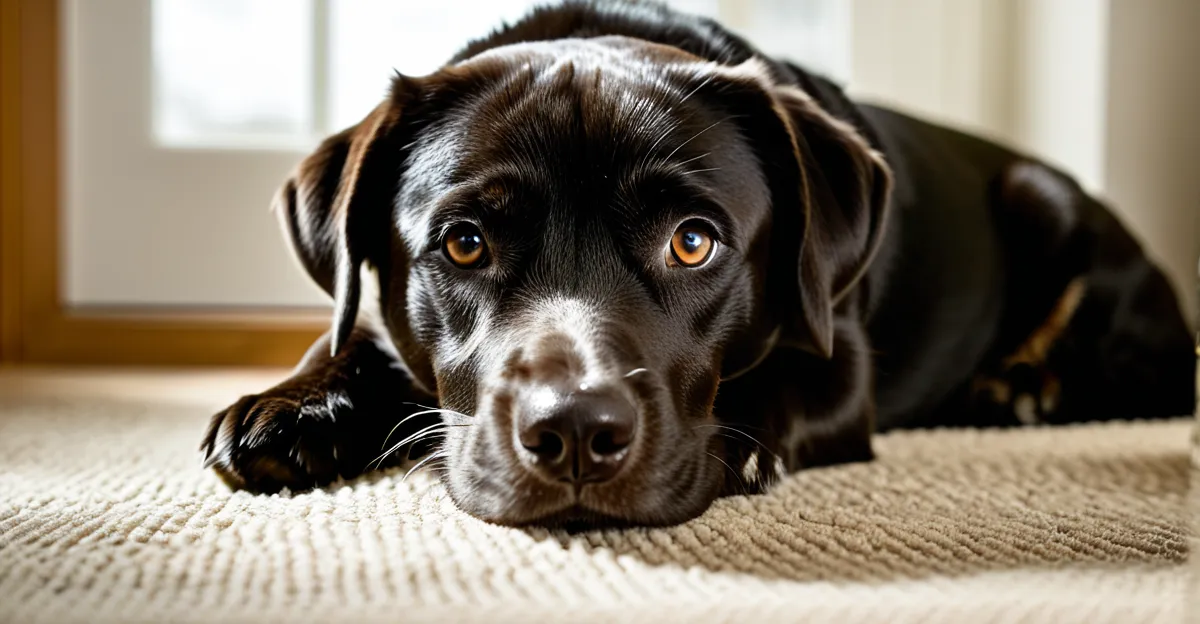Practical Steps for Creating an Eco-Friendly Home With Pets
When aiming to transform your space into an eco-friendly UK home, start by assessing your current environmental impact. Consider your pet’s daily needs—such as their diet, waste management, and product usage—and how these contribute to your household footprint. Tools like home energy audits or waste tracking specifically tailored for pet owners can help quantify this.
Next, set achievable eco-friendly goals by prioritizing changes that balance sustainability with your pet’s comfort. For example, switch to biodegradable waste bags or choose sustainable bedding materials. Taking gradual steps ensures long-term adherence and benefits.
Also read : What Are the Most Friendly UK Pets for Families?
It’s crucial to reference UK-specific guidance and local resources. Regional recycling rules and availability of sustainable products vary; aligning your efforts with local frameworks maximises effectiveness. Local councils often provide advice on composting pet waste or obtaining eco-friendly pet supplies, helping environmentally conscious pet owners navigate regulations smoothly.
Overall, sustainable living with pets involves mindful choices and leveraging UK resources to reduce environmental impact while keeping pets happy and healthy. This approach fosters a harmonious balance in eco-friendly UK homes.
Also to discover : Why Are Pet Adoption Rates Rising in the UK?
Choosing Eco-Friendly Pet Products
Small choices add up to big impact.
Selecting eco-friendly pet products UK is a practical step for sustainable living with pets. Start with sustainable pet supplies that prioritise durability and safety. For example, opt for pet foods and treats made with organic ingredients sourced from responsible UK farms. These reduce carbon footprints compared to heavily processed alternatives.
When choosing bedding, toys, and accessories, look for items made of natural or recycled materials. Non-toxic, long-lasting products not only safeguard your pet’s health but also reduce waste over time. Brands focusing on sustainable processes help environmentally conscious pet owners make informed purchases without compromising quality.
For water and food bowls, materials matter. Bowls made from recyclable metals or biodegradable composites represent a small shift with significant benefit. They avoid contributing to plastic pollution and often last longer than single-use plastics.
Incorporating eco-friendly pet products UK into daily routines supports a greener household. Sustainable pet supplies also encourage responsible consumption habits that align well with eco-friendly UK homes aiming to balance comfort and environmental impact. By choosing thoughtfully, pet owners empower themselves to foster healthier environments for their pets and the planet alike.
Reducing Household and Pet Waste
Reducing waste in eco-friendly UK homes involves specific actions to tackle pet-related refuse efficiently. An essential strategy is adopting biodegradable pet waste solutions. Compostable poop bags and eco-friendly cat litter minimize landfill contribution and reduce plastic pollution, making waste management gentler on the environment.
Recycling pet packaging UK-wide varies by local council policies but remains crucial. Pet food cans, cardboard boxes, and plastic containers often qualify for recycling. Environmentally conscious pet owners should check local guidelines to separate recyclables correctly, preventing contamination which can reject entire batches.
Minimising single-use plastics in pet care reduces persistent waste. Reusable feeding mats, refillable treat containers, and bulk-buying pet foods from sustainable brands lower packaging waste effectively. These small but targeted efforts promote low-waste pet care that benefits both your household and the wider environment.
Together, biodegradable pet waste solutions, recycling pet packaging UK, and conscious reduction of single-use plastics create a comprehensive approach. These steps empower pet owners to cultivate sustainable living with pets while respecting the limitations and resources unique to the UK. This conscious effort preserves environmental quality for future generations alongside the well-being of your furry companions.





